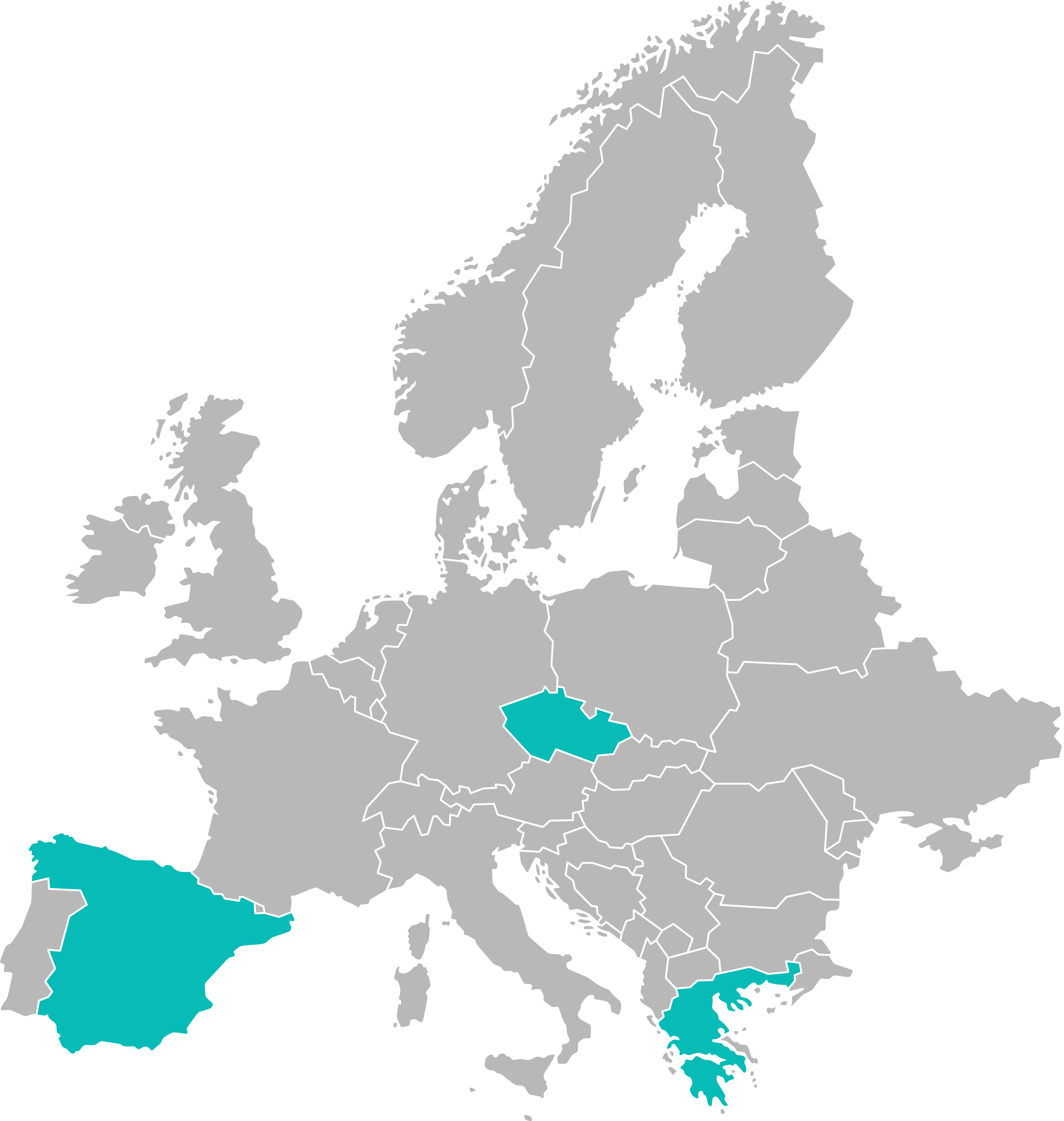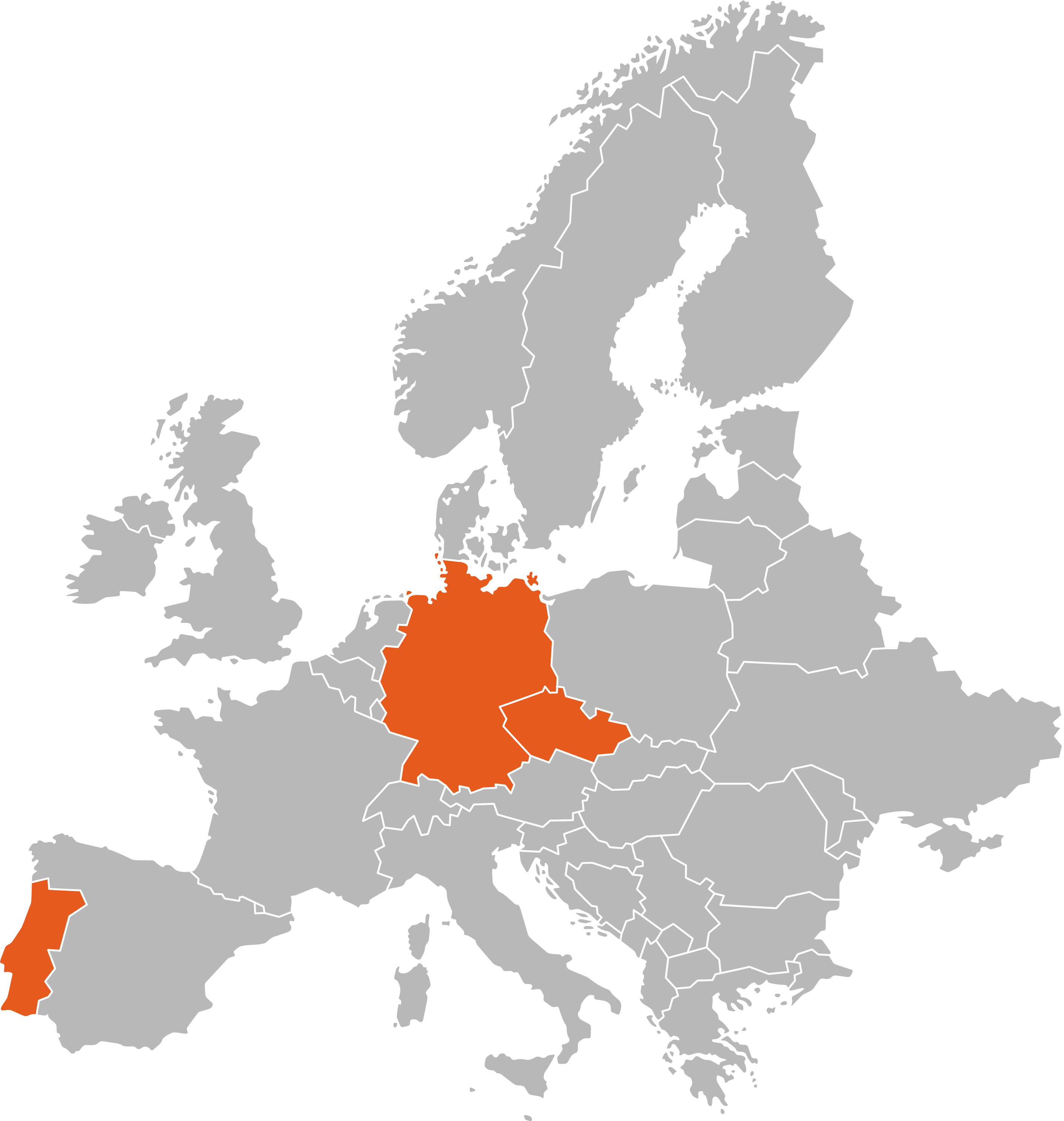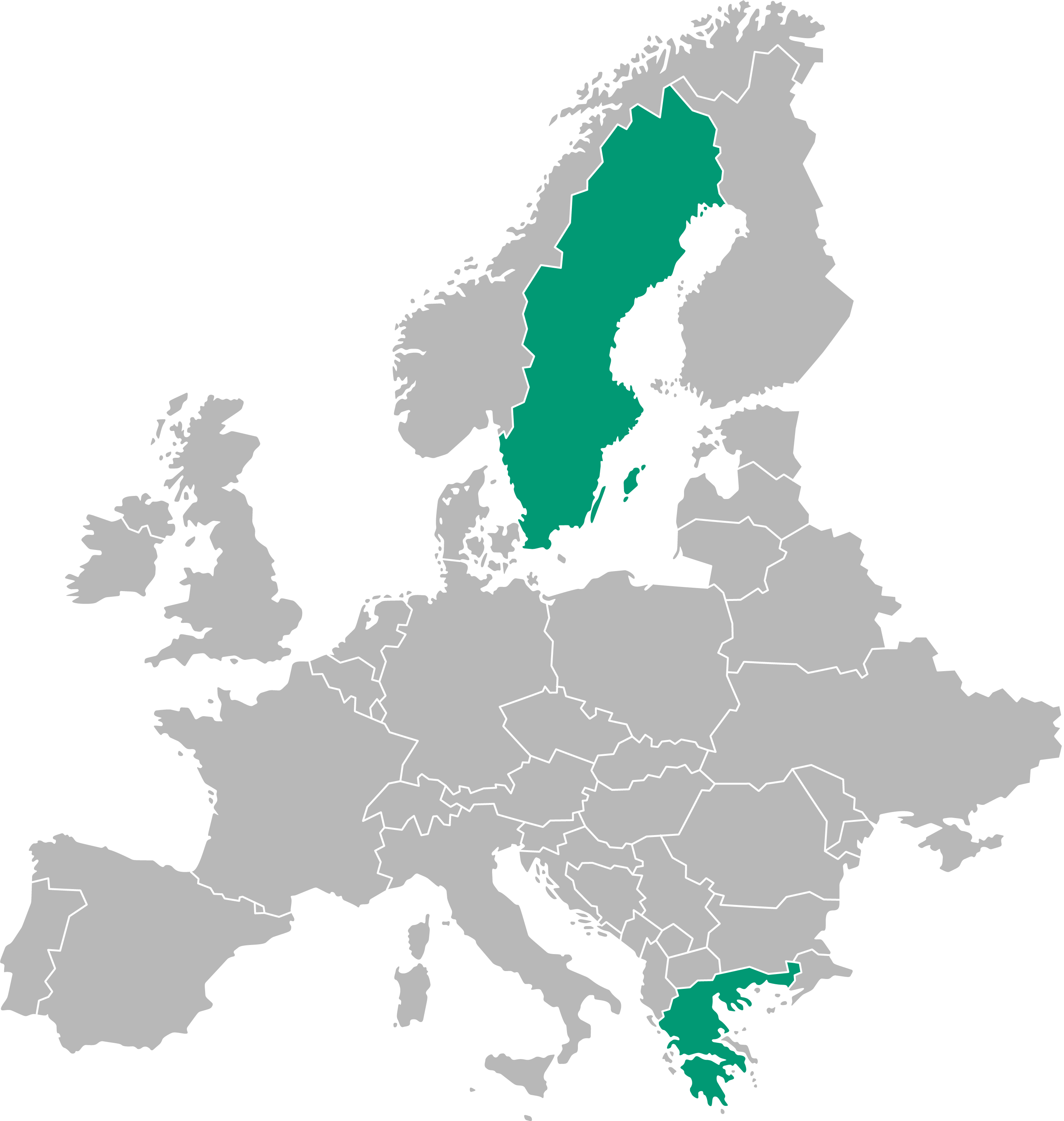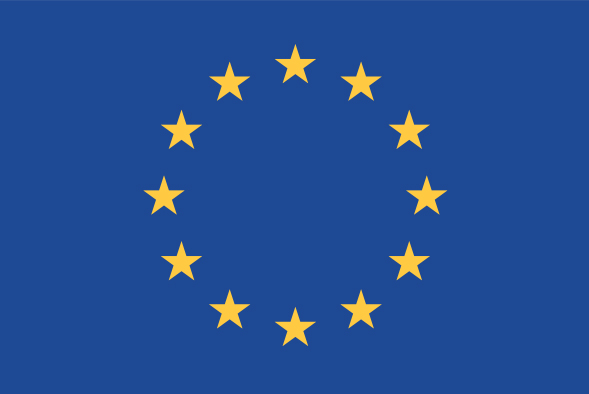Ing. Zuzana Taťáková M.Sc., Project Manager at FENIX TNT s.r.o., tells us about three European research projects, PLURAL, POWERSKIN+ and SWITCH2SAVE
This profile presents three H2020 projects, which propose a palette of complementary and/or alternative technologically advanced solutions for buildings that can lead to significant energy savings while ensuring low environmental impact.
It is well known that reduction of energy consumption and emissions in buildings is vital in meeting the EU’s climate and energy targets for 2030 since buildings account for 40% of the EU’s energy consumption, 36% of its CO2 emissions, and 55% of its electricity consumption. The PLURAL, POWERSKIN+ and SWITCH2SAVE projects, funded by the European Union’s Horizon 2020 research and innovation programme, offer combinable and versatile solutions to the issue covering all building typologies under different conditions.
PLURAL
“Plug-and-use renovation with adaptable lightweight systems”
About PLURAL
PLURAL is a collaborative research project supported by the European Commission under the Horizon 2020 Programme for Research and Innovation (Call H2020-NMBP-ST-IND-2020), with a duration of 48 months.
The project consortium is made up of 18 partners from 7 European countries. Each partner develops activities in different areas and locations and together with the 6 demonstration sites (3 real and 3 virtual), this collaboration ensures that the developed solutions will be applicable in a large range of use cases.

Concept
The key for the development and demonstration of the PLURAL PnU kits is to understand how to select and integrate various renewable energy technologies, incorporate them in prefabricated façade components and optimise their performance for different building types, climates, and socio-economic conditions. Software tools to support digital design and decision making are developed. Additionally, PLURAL focuses on how to manufacture these kits while minimising energy use and material waste.
Objectives
The PLURAL project aims to design, validate and demonstrate a palette of versatile, adaptable, scalable, off-site prefabricated plug-and-play kits that account for user needs, named “Plug-and-Use” (PnU) kits”.
Near zero energy consumption – Heat losses through the envelope will be minimised through improved insulation of the façade components, (U values < 0.23 W/m2K; Building
primary energy consumption < 60 kWh/m2).
Cost-effectivity – About a 58% reduction in renovation costs will be achieved through offsite prefabrication, lean manufacturing and construction interactively supported by the BIM-based platform and Decision Support Tool.
Fast renovation – At least 50% reduction in the time required for deep renovation mainly by reducing the time to design, procurement, logistics, fabrication, and site preparation from avg. 5-7 months to 2-4 months.
Environmentally-Friendly – Deep renovation aiming at reduction of CO2 emissions to reach 15% less than the current average 0.6 tCO2eq/m2 and additionally to achieve 70% material recyclability.
Flexible – System combinations will allow easy adaptation of the PnU kits to be developed and validated as part of the project to various residential building typologies in all EU climatic zones.
Demonstration
The PLURAL PnU kits will be integrated at three different residential building sites, located in Greece, Spain, and the Czech Republic, featuring different climate conditions and heating/cooling needs and user requirements, thus demonstrating the versatility and robustness of the overall concept.
Additionally, PLURAL includes three building demos for virtual replication in Switzerland, Germany and Sweden for simulating and validating the performance and operation of the solutions under further conditions.
Website: www.plural-renovation.eu
Project coordinator:
Maria Founti, NTUA
Contact email:
Project partners:
NTUA, AMSolutions, Municipalityof Voula, FENIX TNT, Municipality Kasava, CVUT, Bergamo Tecnologie, Daikin Airconditioning, Intrasoft International, SPF, ITEC, Pich Architects, IREC, Agencia De L’habitatge De Catalunya, ZRS Architekten, Recuair, Denvelops Textiles, RD Rymarov.
POWERSKIN+
“Highly advanced modular integration of insulation, energizing and storage systems for non-residential buildings”
About POWERSKIN+
POWERSKIN+ is a collaborative project supported by the European Commission under the Horizon 2020 Programme for Research and Innovation (Call LC-EEB-01-2019), with a duration of 48 months.
The project consortium comprises a value chain formed by renowned key partners across Europe, industrially focused and highly capable of generating knowledge and innovation. It is a diverse consortium consisting of 14 partners from 8 European countries. The partner’s list includes material suppliers, prestigious manufacturers, installers, and end-users along with acclaimed SME’s.

Concept
POWERSKIN+ aims at prototyping and pilot testing in a relevant environment (TRL 7), a new generation of off-site, prefabricated and easy-to-install integrated solutions for non-residential curtain wall façade systems. The project combines a vast number of state-of-the-art high energy-efficient materials and KETs covering: nano-superinsulation elements, multi-functional nano-enabled coatings, solar energy harvesting components made of flexible perovskite solar cells, active/passive microfluidic thermal storage materials & PCM-driven latent heat storage elements and an electric building management system based on second-life Li-ion batteries from hybrid and electrical vehicles.
Objectives
- Generate innovative hybrid-enabled systems enhanced with different multifunctional add-on features for nZEB and Plus-Energy Building
- Curtain Walls;
- Demonstrate holistic façade solutions, treading the path for future exploitation with non-residential buildings as the primary entrance market. The prototyping and demonstration of both premium and affordable solutions will be made in real-size non-residential buildings located in 3 European countries (Portugal, Germany and the Czech Republic);
- Provide the retrofit market with highly adaptive and multi-case energy-efficient management systems.
Demonstration
POWERSKIN+ modular facade system will be demonstrated and validated in an operational environment in three real-size non-residential buildings in different European countries – Germany, the Czech Republic, and Portugal. The demo cases represent distinct climates and building practices, allowing to characterise and demonstrate the overall system potential in future real-case scenarios.
Website: www.powerskinplus.eu
Project coordinator: Jorge Corker, IPN
Contact email:
Project partners:
IPN, Fraunhofer ICT, Friedrich-Schiller-Universität Jena, Brunel University London, FENIX TNT, Flachglas Sachsen, Politecnico di Torino, Oxford Brookes University, Czech Technical University, Navodnik, Saule Technologies, Warsaw University of Technology, AMSolutions, Saule Research Institute.
SWITCH2SAVE
“Lightweight switchable smart solutions for energy saving large windows and glass facades”
About SWITCH2SAVE
SWICH2SAVE is a collaborative project supported by the European Commission under the Horizon 2020 Programme for Research and Innovation (Call LC-EEB-01-2019), with a duration of 48 months.
The project consortium is a collection of key partners operating across Europe, there are 10 partners from 6 European countries.

Concept
In modern architecture, large-area glazing is a continuing trend because of its appearance and design variety. Large southwards-oriented windows help to reduce the energy demand for heating in winter. However, large-area glazing may significantly increase the energy demand for cooling and air-conditioning in hot summers. Smart Glass Solutions – such as electrochromic (EC) and thermochromic (TC) windows and glass façades – control the radiation energy transfer with the “touch of a button” and thus can drastically reduce the energy demands for heating and air conditioning of large buildings.
In addition, they allow superior indoor lighting comfort in contrast to conventional mechanical window blinds. Switch2-Save aims to overcome these limitations by combining and maturing EC and TC systems to create lightweight Energy Smart Insulating Glass Units (IGUs) suitable for large windows and glass façades. EC switching relies on materials that change their light transmittance by applying a low electrical voltage; TC cells are based on materials that change their infrared reflection properties with increasing temperature.
Objectives
- Develop a combination of EC and TC cells – with optimised maximum energy saving potential – based on a switchable total energy transmittance (g-value);
- Scale the manufacturing technologies for increased availability and cost-effectiveness;
- Assess the performance of the innovative insulating glass units;
- Demonstrate the heating and cooling energy saving potential
- and the lighting comfort in two operational buildings in Greece and Sweden;
- Replace 50 windows and 200 m² glass façade area with the smart glass solution and perform a full “before-after” comparison of the energy demand for a one-year cycle.
Demonstrations
SWITCH2SAVE will demonstrate its potential in two representative buildings – Greece’s second-largest hospital in Athens and an operational office building in Uppsala, Sweden. The SWITCH2SAVE consortium will replace 50 windows and 200 m² glass facade areas with the smart glass solution and will perform a full “before-after” comparison of the energy consumption for a one-year cycle in both buildings.
Website: www.switch2save.eu
Project coordinator:
John Fahlteich, Fraunhofer Institute
Contact email:
john.fahlteich@fep.fraunhofer.de
Project partners:
Fraunhofer Institute, ChromoGenics, NTUA, University of West Bohemia, SIA AGL Technologies, Fasadglas Baecklin, Vasakronan, General State Hospital of Nikaia, Van Rompaey Sara, AMIRES.

PLURAL, POWERSKIN+ and SWITCH2SAVE projects have received funding from the European Union’s Horizon 2020 research and innovation programme under Grant Agreements No. 958218, 869898, 869929
Please note: This is a commercial profile
© 2019. This work is licensed under CC-BY-NC-ND.











